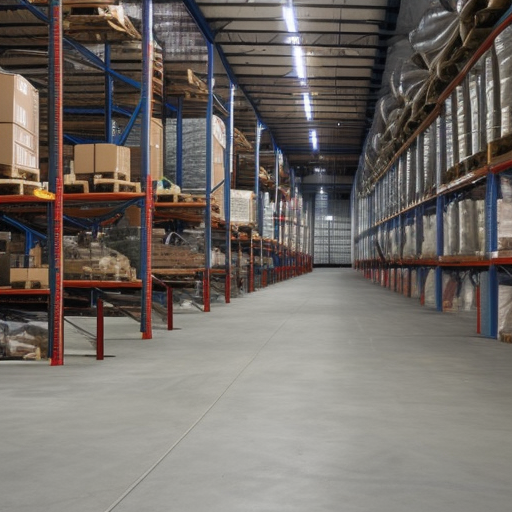A limited company is a business that’s legally separate from its owner, unlike a sole trader. This means the company’s assets belong to the business rather than the owner personally. In most cases, owners are only liable for the amount of money they’ve invested in the company. This article explains about company assets and what happens to company assets when dissolved.
If a sole trader’s business becomes insolvent, they face unlimited liability because there is no legal separation between the business and its owner with regard to assets. If the business declines, this also puts their home at risk.
Table of Contents
What are business assets?
There are two main types of business assets: tangible and intangible. Tangible assets are physical objects that can be seen and touched, while intangible assets are nonphysical items such as patents, copyrights, or goodwill.
- Business assets you can see and touch are called “tangible assets” an example includes property, equipment, vehicles, land owned and machinery.
- Intangible assets are those without physical form, including (but not limited to) things such as goodwill, intellectual property rights, brand reputation, and business databases.
Quick-converting assets, or those that convert to cash in 12 months or less, are classified as current assets. Assets that cannot be quickly converted into cash are called fixed assets.
- Current assets include cash, short-term investments, inventory, deposit accounts
- Fixed assets include long-term investments, equipment, property, land, and plant
Do any of these company assets belong to you personally if you are a company director?
While shareholders of a company own the business, they do not own its individual assets. So, if you are the only shareholder, then your company’s assets are owned by the company itself as opposed to being under your personal ownership.
When you set up a new business, oftentimes you have to purchase assets for the company using your own money. If that’s the case, then you need to transfer ownership of those assets to the company and account for it in your books accordingly. Essentially, what you’re doing is investing your own money into the business, and then the company owes you that amount of money.
What about transferring personal assets you already own?
When you want to use your personal assets for a business, you first need to research the market value of these possessions. Multiple components go into this evaluation including the age and condition of the item.
An itemised list of assets should be included on the invoice before sending the total amount from your company bank account to your personal one. The business books need to be updated to reflect this, and if you have the original receipts, it is a good idea to attach them to the invoice as supporting evidence that may be needed at a later date.
What happens to company assets if you close your company?
If you dissolve a solvent limited company via Members’ Voluntary Liquidation (MVL) or dissolution and there are assets remaining in the business after creditors have been paid, they are converted into cash for shareholders.
If the company is not liquidated and instead dissolved by the directors, all assets must be disposed of before applying for dissolution. When this does not occur, the unsold assets become property of the Crown— known as ‘bona vacantia.’
If you are dissolving your limited company or have a dissolved company and contemplating purchasing any of the business assets, there are many aspects to consider – tax implications being one of them.
Are you looking to learn more about owning business assets and the legalities involved in transferring ownership? If so, the experts at Company Doctor are here to help with our dedicated in-house insolvency practitioner. We can also advise you on how to account for assets in your books.

